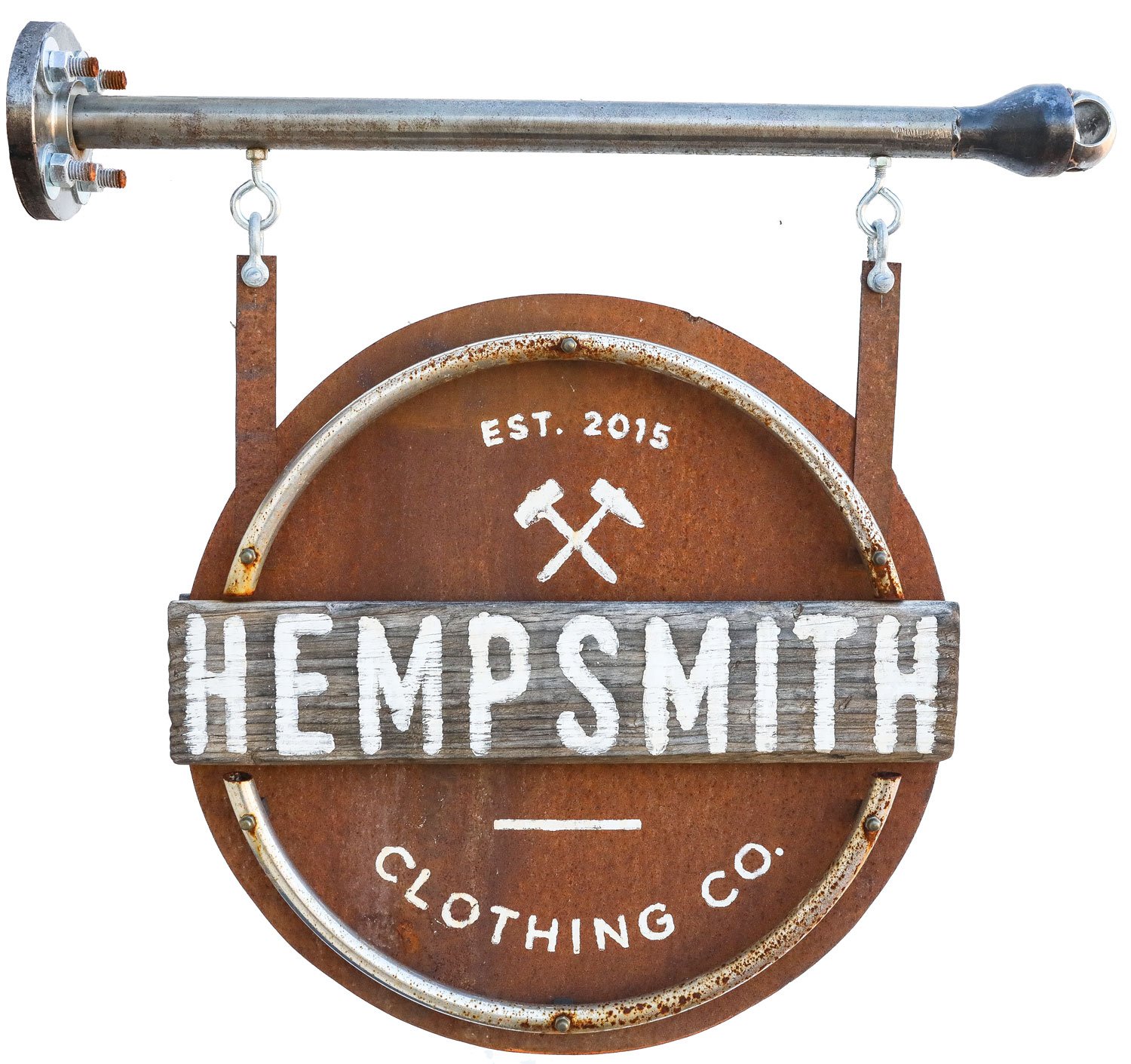Waste in the Fashion Industry
The global fashion industry creates a lot of waste. The production of clothing often relies on exploitation and short cuts, to lower the cost of goods sold.
In developed countries such as America, consumers pride themselves on their savvy shopping; getting the most from every dollar.
There is a race to the bottom, where the brand that can cut the most cost wins. Whoever brings the cheapest product to market is rewarded with the highest demand.
The reality is that cost can’t be cut. It can be externalized and not paid by the brand or producer, but in the end something or someone will pay the price.
The price is paid by the workers in developing countries that receive little to no compensation.
The planet pays the price when chemicals are disposed of improperly. Taxpayers pay the price when government subsidies create artificial prices for raw materials such as oil.
The petroleum industry is heavily subsidized by the US government and military, driving down the price of oil.
When fuel is cheap, it makes sense to ship materials all over the planet to circumvent environmental and social regulation.
When petroleum is cheap, synthetic fibers become an attractive material for clothing production.
Natural fibers are no competition to the strength, consistency and profit that plastic fibers can provide.
Only when we disregard the microfibers, chemicals, and CO2 that come along with the production of manmade fibers, do they become attractive.
Our mission at Hempsmith is to spark and inspire a restorative economy with hemp clothing.
The nature of our product is sustainable.
Hemp is a plant, providing a renewable source of a durable fiber.
Industrial Hemp grows quickly and produces a tall stalk, resulting in high yields from less land. The deep roots of the plant sink carbon back into the land, increasing the life and fertility of the soil.
Our clothing is made to last a long time. And at the end of its life it can decompose into the soil from which it came. This natural cycle is at the foundation of our brand.
We contribute to a restorative economy by paying our people well, and sourcing from other local vendors. We place a focus on natural dyes and low impact materials to lessen our ecological footprint.
Our prices reflect the true cost of our products. A dollar spent at Hempsmith circulates around the local economy, enriching many before it heads out to the carbon intensive global economy.
Why is the fashion industry so wasteful? Because materials are cheap.
If brands were forced to pay the true cost of materials, things would be different.
If the price of fabric included the cost of offsetting the carbon and the true impact of production, it would become economical to reclaim every last scrap. When the cost is externalized, it makes more sense to send clothing to the landfill than recycle them.
Waste is a human made concept. In the natural world, waste does not exist. The output of one organism is the input of another. We will only learn to value our resources when we consider the true cost of them.
At Hempsmith we have hope that the market and the world will shift. Consumers will awaken, carbon will be taxed, and our products will out-compete the high impact products that are considered cheap by today’s standard.
